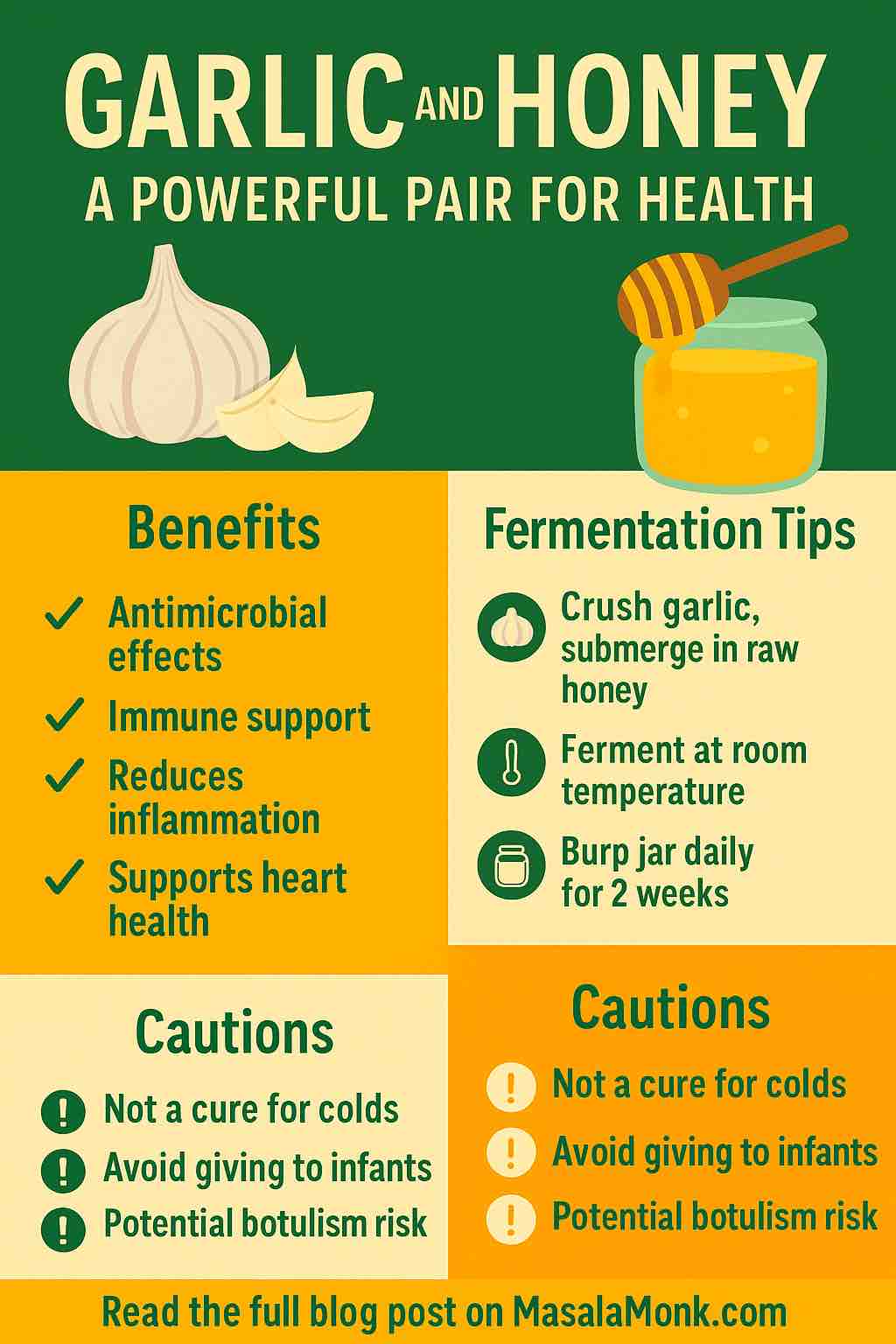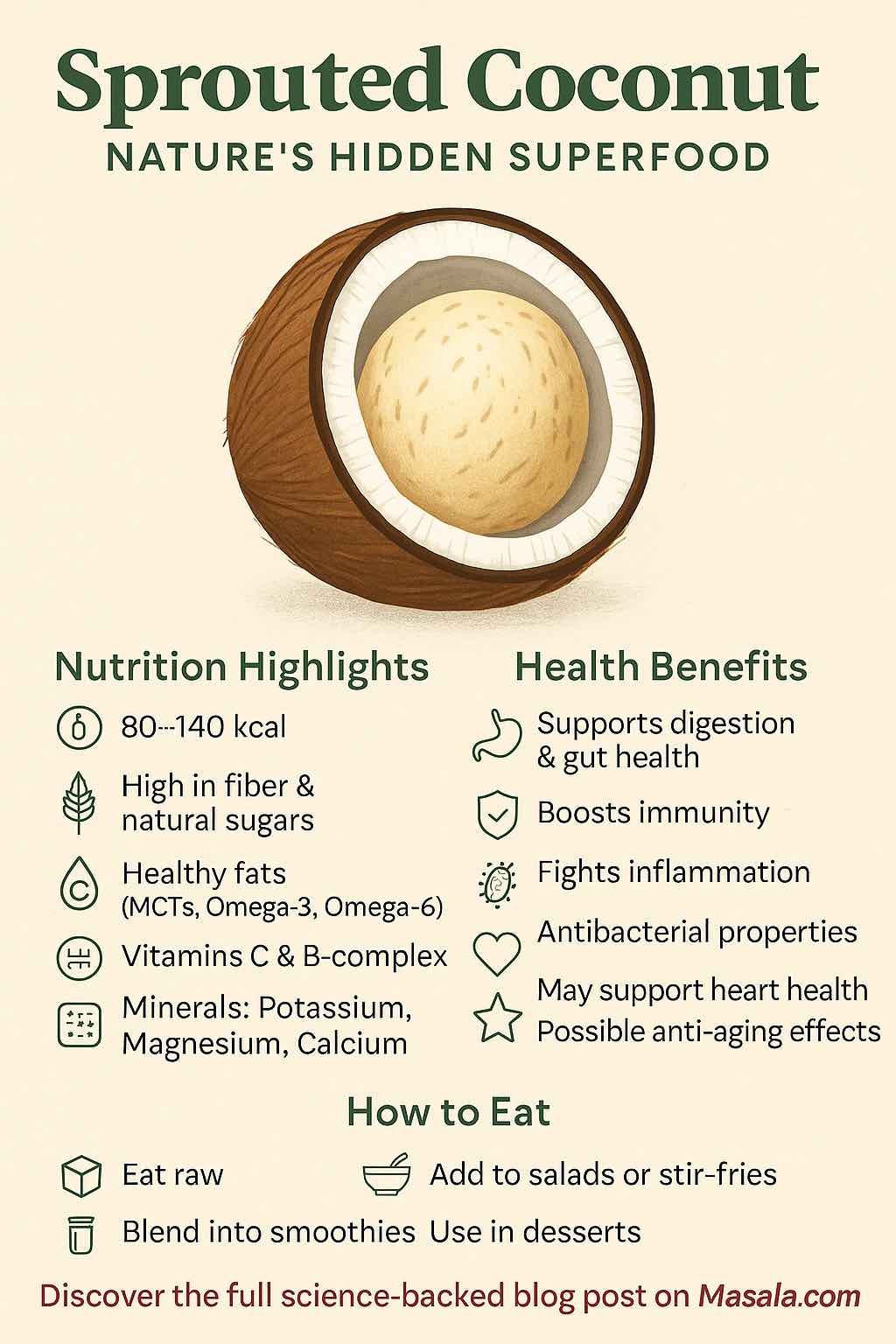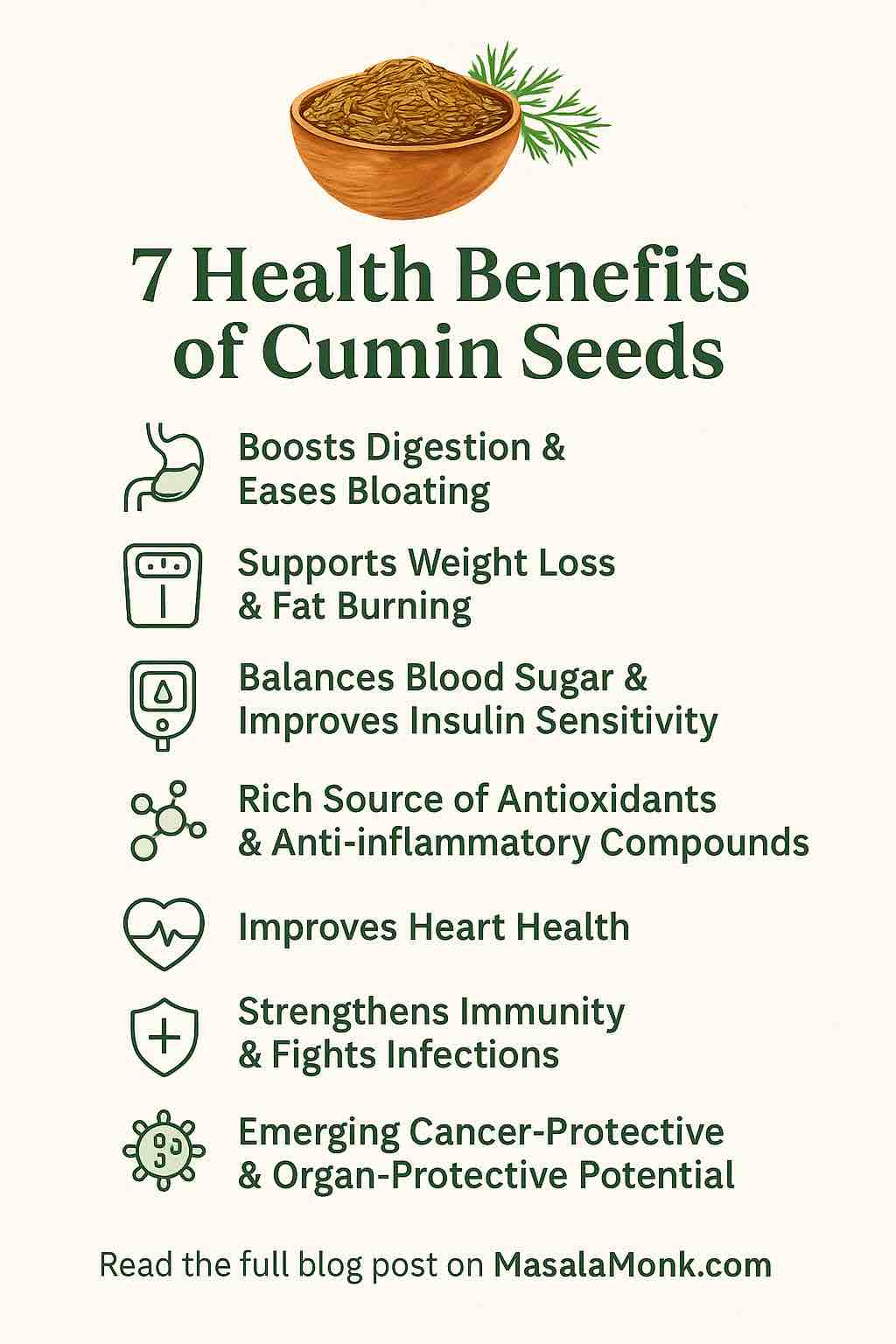
In a world flooded with synthetic health remedies, more people are turning to ancient, natural solutions that have withstood the test of time. One such powerful combination making waves across modern wellness circles is the duo of garlic and honey. This seemingly simple pairing is garnering attention not only from holistic health enthusiasts but also from scientists exploring its medicinal potential. Let’s dive into why fermented garlic and honey could be your next kitchen remedy powerhouse.
The Science Behind the Power Combo
Both garlic and honey are well-known individually for their health-promoting properties:
- Garlic is packed with sulfur-containing compounds like allicin, known for its antimicrobial, anti-inflammatory, and heart-protective properties.
- Honey (especially raw or Manuka) offers potent antibacterial and antioxidant benefits, thanks to enzymes, phenolic acids, and flavonoids.
But when combined, these two ingredients don’t just add their benefits—they enhance each other’s effects through a synergistic relationship.
1. Immune System Support
Recent studies (2023-2025) reveal that fermented garlic honey boosts immune cell activity, particularly macrophages, which help the body fight infections. Regular consumption during cold and flu season may reduce the frequency and duration of respiratory infections.
2. Antimicrobial Powerhouse
Lab studies show the garlic-honey combo outperforms either ingredient alone against bacteria like E. coli, S. aureus, and Streptococcus pneumoniae. Adding ingredients like black cumin oil further enhances this antimicrobial effect.
3. Cardiovascular Benefits
Garlic lowers blood pressure and LDL cholesterol, while honey improves vascular function via antioxidants. Taken daily, fermented garlic honey can support heart health, reduce inflammation markers like CRP, and even modulate blood sugar levels.
4. Wound Healing and Skin Health
When used topically, honey and garlic mixtures promote wound healing, reduce infection, and support tissue regeneration. Manuka honey infused with garlic has shown improved outcomes in healing infected wounds in preliminary studies.
How to Make Fermented Garlic Honey at Home
Making your own batch is easy, but it requires some patience and attention to hygiene.
You’ll Need:
- 1 cup raw, unfiltered honey (Manuka or organic recommended)
- 10–20 peeled garlic cloves
- A clean glass jar with an airtight lid
Steps:
- Slightly crush each garlic clove to activate allicin.
- Place them in the jar and cover with honey.
- Leave some headspace for bubbling (fermentation).
- Seal the jar and place it in a dark, cool place.
- Every day, open the jar briefly (“burp it”) to release gases.
- Fermentation is noticeable within a week and ready to use in 3–4 weeks.
Tips:
- Garlic may turn blue/green—this is safe and due to sulfur compound reactions.
- Stir or flip the jar gently every few days.
How to Use It Practically
Daily Wellness:
- Take one garlic clove with a spoonful of honey each morning.
At First Sign of Cold:
- Take 1–2 cloves every 4–6 hours to soothe symptoms and support immunity.
Topical Use:
- Mix with aloe or coconut oil and apply to minor wounds (test first on skin).
Culinary:
- Drizzle over roasted vegetables, mix into dressings, or stir into herbal teas.
Cautions and Considerations
- Not for infants: Honey should never be given to babies under 1 year due to botulism risk.
- Monitor blood sugar: While honey has medicinal properties, it’s still high in sugars.
- Medication interactions: Garlic can interact with blood thinners and some medications—consult your doctor.
- Fermentation safety: Use clean jars and raw honey; watch for mold or strange smells and discard if uncertain.
Final Thoughts: More Than a Folk Remedy
Garlic and honey aren’t just ingredients in grandma’s cold remedy—they are a scientifically supported, synergistic duo that offers a multitude of health benefits when used correctly. Whether you ferment it yourself or use it raw, this combination deserves a place in your wellness routine. With emerging studies confirming its efficacy and safety, garlic and honey have stepped beyond folklore into functional nutrition.
So why not take a cue from nature and start a jar today? Your future self might thank you with fewer colds, better heart health, and a stronger immune system.
FAQs
1. Is fermented garlic honey safe to consume daily?
Yes, in moderate amounts. Most adults can safely consume 1–2 teaspoons per day. However, those on blood-thinning medications or with allergies should consult a healthcare provider first.
2. How long does fermented garlic honey last?
Stored properly in a sealed jar in a cool, dark place, it can last up to 12 months. Always check for off smells, mold, or bubbling that doesn’t subside after the fermentation period.
3. Can I use cooked garlic or paste instead of raw garlic?
No. Raw garlic is essential because cooking destroys allicin, the compound responsible for most of garlic’s medicinal properties. Use fresh, crushed cloves for best results.
4. Is it necessary to burp the jar daily during fermentation?
Yes. Burping releases gases produced during fermentation, preventing pressure build-up and potential leakage or spoilage. Do this daily for the first 2 weeks.
5. What if my garlic turns blue or green? Is it safe?
Yes, this is a natural reaction between sulfur compounds in garlic and acidic elements in honey. It’s harmless and safe to consume.
6. Can children consume fermented garlic honey?
Children over 1 year can take small amounts (¼ to ½ tsp). Never give honey to infants under 1 due to the risk of infant botulism.
7. Does it help with sore throats and coughs?
Yes. Anecdotal and lab evidence supports its use for soothing sore throats, easing coughs, and reducing upper respiratory symptoms.
8. Can I refrigerate it?
It’s not necessary, and refrigeration may slow or halt fermentation. Room temperature storage (cool, dark spot) is ideal.
9. What kind of honey is best to use?
Raw, unfiltered honey is best. Manuka or local organic honey offers stronger antibacterial properties. Avoid pasteurized or processed honey.
10. Can I take it if I have diabetes?
While honey has medicinal value, it’s high in natural sugars. Diabetics should consult a doctor before using it regularly, and consider very small doses only.













